Buku Golongan Muslim Pertama: Sejarah dan Memori melihat pada asal-usul dan perkembangan Islam. Hal ini dimulai dengan penceritaan tentang sejarah utama yang berlaku dalam tahun-tahun awal Islam berkembang, termasuklah dizaman para sahabat dan as-salāf as-sālih. Ia merupakan suatu rekonstruksi yang amat menarik tentang era kehidupan mereka. Buku ini dibahagikan kepada dua bahagian, pertamanya bercerita tentang awal Islam, bagaimana masyarakat Islam dibentuk daripada zaman Jahiliyah. Zaman awal Nabi dan para sahabat, dan zaman para as-salāf as-sālih ini, sepertimana semua zaman dalam sejarah manusiawi, haruslah dinilai berdasarkan keistimewaannya yang tersendiri dan kita patut bertanya bagaimanakah cara kita mencontohi generasi terpilih ini dalam era moden ini? Dan bahagian kedua pula lebih menumpukan pada pemikiran politik Islam yang kontemporari yang menggarap pelbagai tren daripada golongan fundamentalis, Islamis dan modernis, dalam pembacaan mereka tentang sejarah khazanah as-salāf as-sālih.
Buku ini juga membahaskan secara teori tentang undang-undang perlembagaan, serta melihat perkembangan masyarakat Islam melalui perspektif sejarah, politik, teologi, dan undang-undang. Ia juga membahaskan konsep-konsep seperti Jihad dan Negara Islam yang sering dianggap sebagai legasi dari tamadun umat terdahulu pada zaman kontemporari ini. Apa yang membuatkan buku ini bertambah menarik ialah bagaimana sejarah Islam yang diceritakan itu bukan hanya berdasarkan studi dan sumber-sumber keagamaan semata akan tetapi ia juga melihat kepada sumber-sumber lain seperti sains politik. Yang dengannya itu, ia telah membantu dalam perdebatan kontemporari tentang idea sebuah Negara Islam dalam sesebuah negara yang majoritinya umat Islam dan apakah konsep ad-dawlah itu benar-benar suatu konsep yang dianjurkan di dalam Islam?
- Preface to the Malay Translation
- Kata Pengantar oleh YB Saari Sungib
- Uraian oleh Pengarah IRF
- Uraian oleh Dr Ahmad Nabil Amir

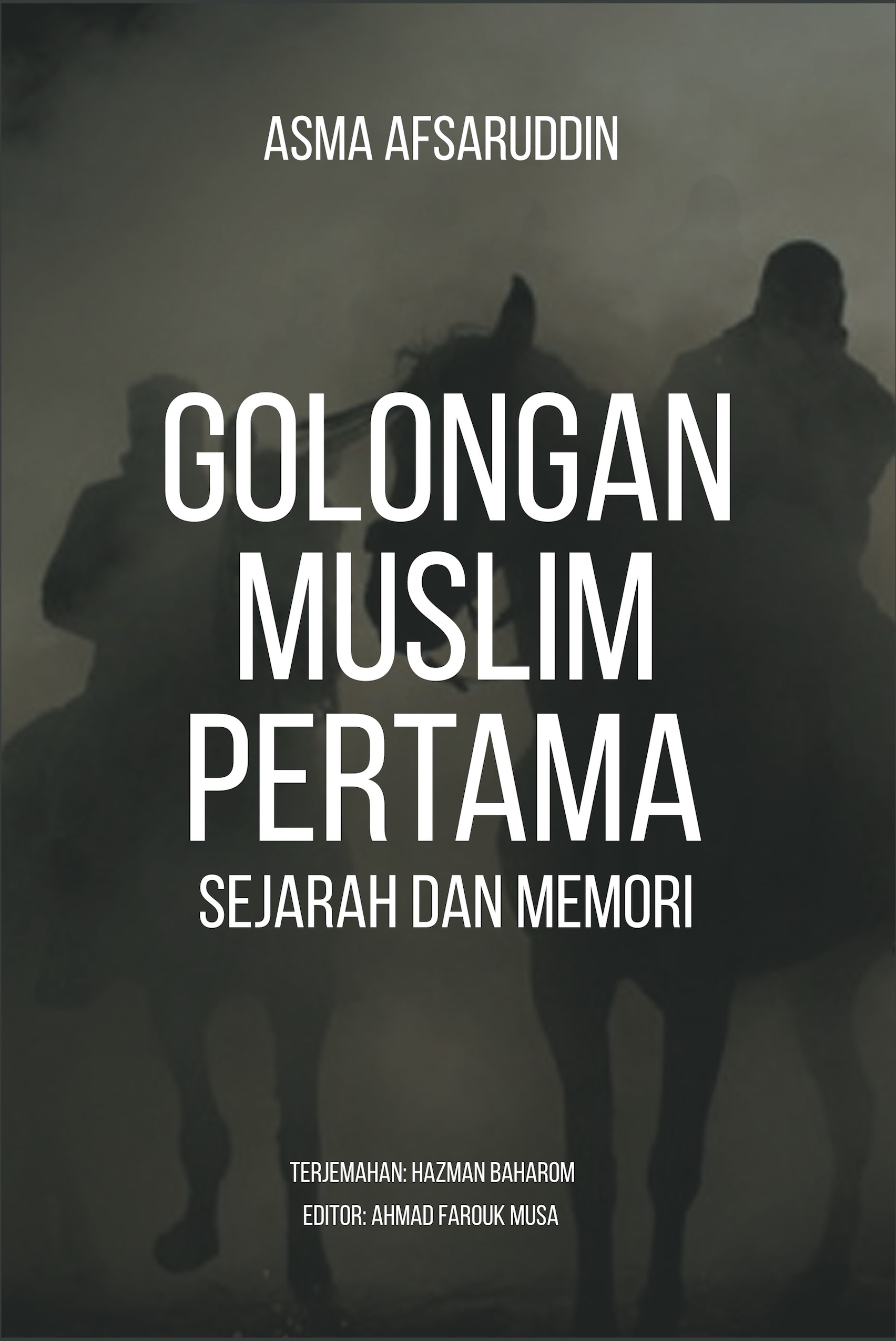
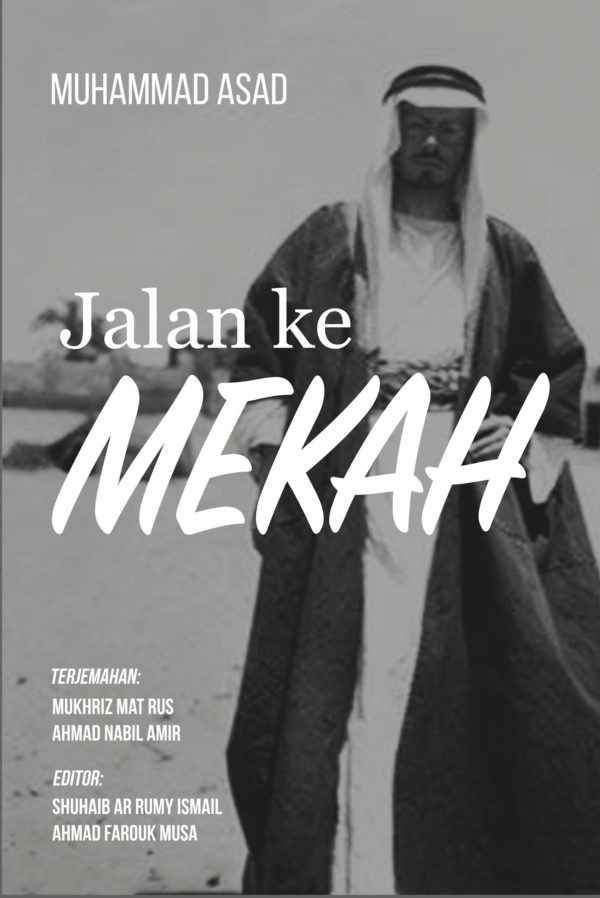
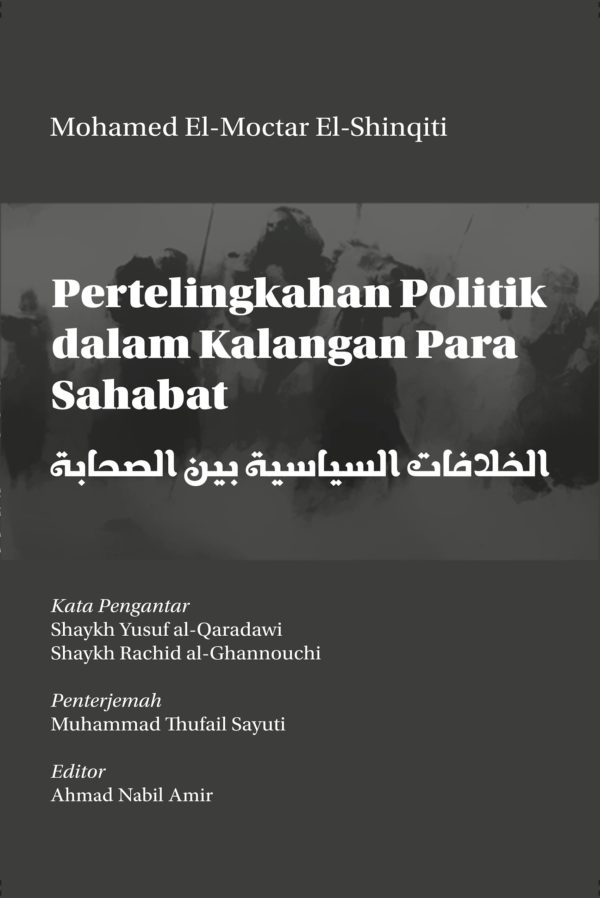
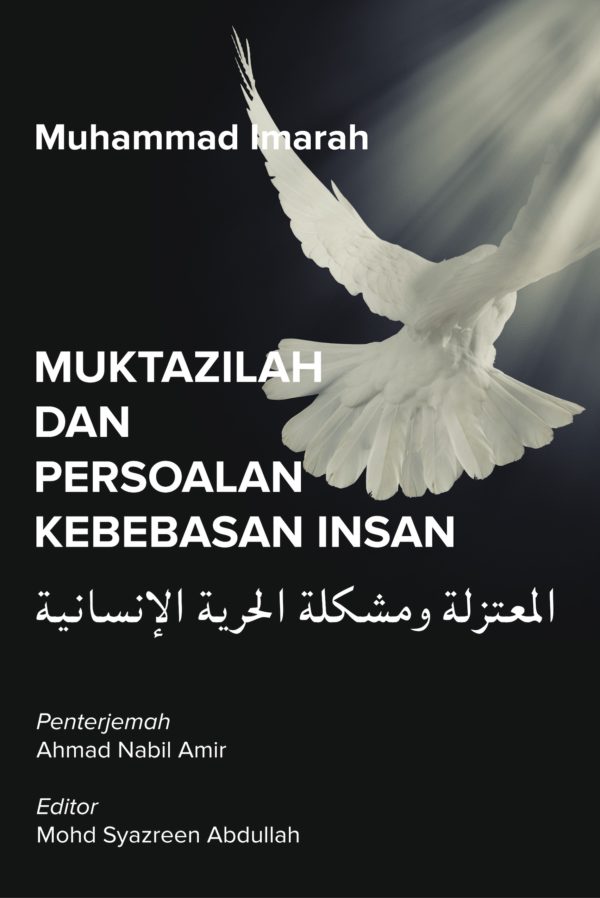
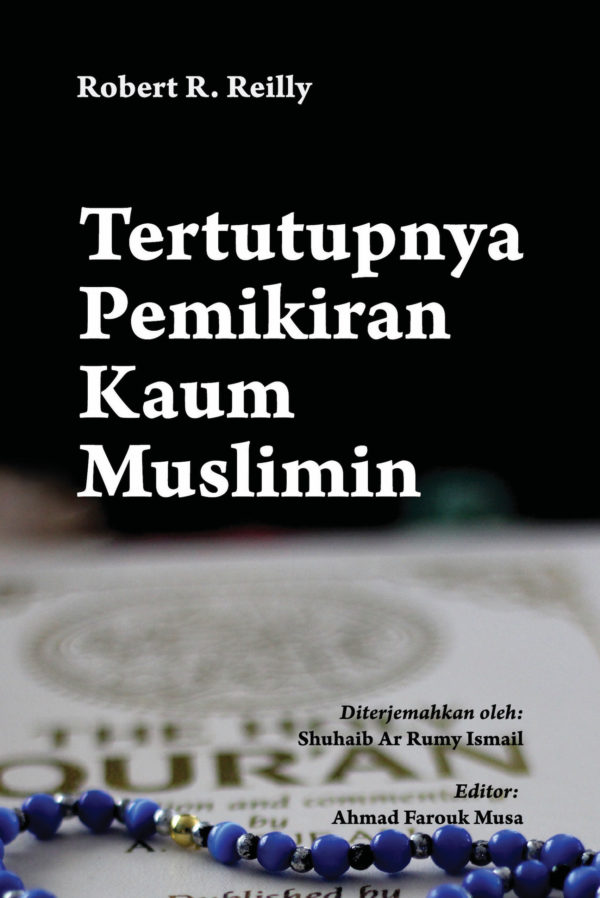
Faith –
The first part of the book provides a historical survey of the first three generations of Muslims. It is in this area that Afsaruddin shines. She presents a history of the first three generations that presents the complexity of what occurred. She does not present the salaf as saliheen (the righteous predecessors) only through stories of legend (which, unfortunately a lot of Muslims have fallen susceptible to) but through rigorous historical accounts. I think this part is useful for both Muslims and non-Muslims who want to gain an in depth analysis of the politics, culture, and religion of this time period. During this part, I was inclined to give the book a five star rating. What made me give this book three stars instead were the last three chapters where Afsaruddin does an analysis of how the lives of the salaf as saliheen are used by “Islamists” and “Modernists” for their own political and cultural agendas. Afsaruddin clearly believes that “Islamists” (i.e. Qutb, Mawdudi, etc.) see the first three generations through rose colored lenses that make them appear to be more simplistic and less tolerant of diversity of views than they actually were. In other words, Qutb, Mawdudi and the like were in some ways, revisionist in their history of the first generations of Muslims when it suited their needs. I agree with this assessment. However, Afsaruddin is not as critical of “Modernists”. In fact, she isn’t critical of them at all. Yet, I think it can be argued that “Reformists” or “Modernists” also engage in their own revisionist history of the first three generations to suit their own liberal ideals. This is inevitable. I would say that all Muslims highlight characteristics of the first three generations that align with their worldview and downplay or ignore characteristics that don’t. The problem is that Afsaruddin doesn’t provide the same critique of reformists. That is a pity because it would have made the book more balanced
Huma Rashid –
If I could give this book 7/5 stars, I would. It’s an incredible read, exhaustively researched and just jam-packed with Islamic historical fact. It’s illuminating, and I learned so much from it. It definitely reshaped my views on a lot of the things that I had previously been taught, which this book (and other works of scholarship on Islam, some new, and some really old, from the 8th and 9th centuries) revealed were not as authoritative (in some cases, not even as true) as I had been taught. This includes the question of women being imams (Aisha, Umm Salamah, and Umm Waraqa (R), among others, led mixed groups in prayer with the Prophet (S)’s approval); the validity of Abu Hurayrah’s narrations; the ‘two women testimony’ verse in the Quran; and so much more.
sara –
As Bruce Lawrence has called it: “Highly readable and aptly revisionist…”
Excellent. This should be required reading for muslims in the West today. Even if you don’t agree with her conclusions 100%, the book is a great summary of the history of our early forbears (salaf al-salih).
Stanton –
Excellent academic review of religious and political evolution of Islam. Written by a Notre Dame professor…always a plus 🙂